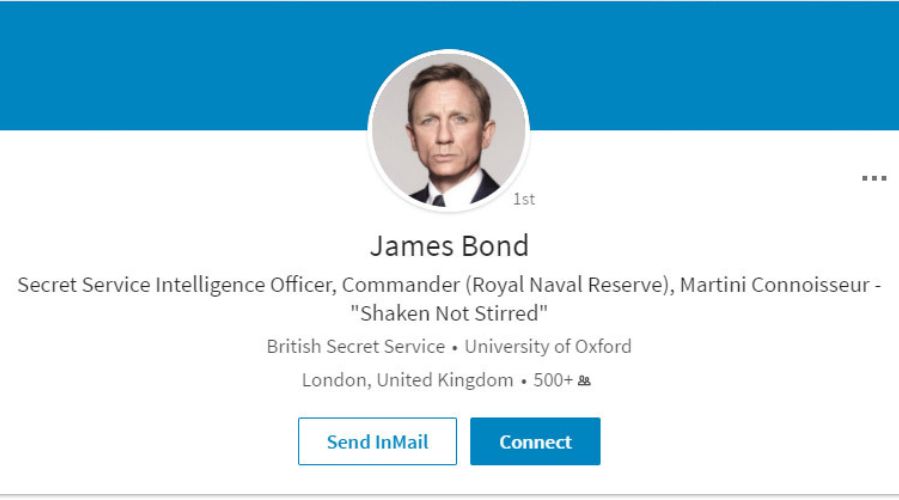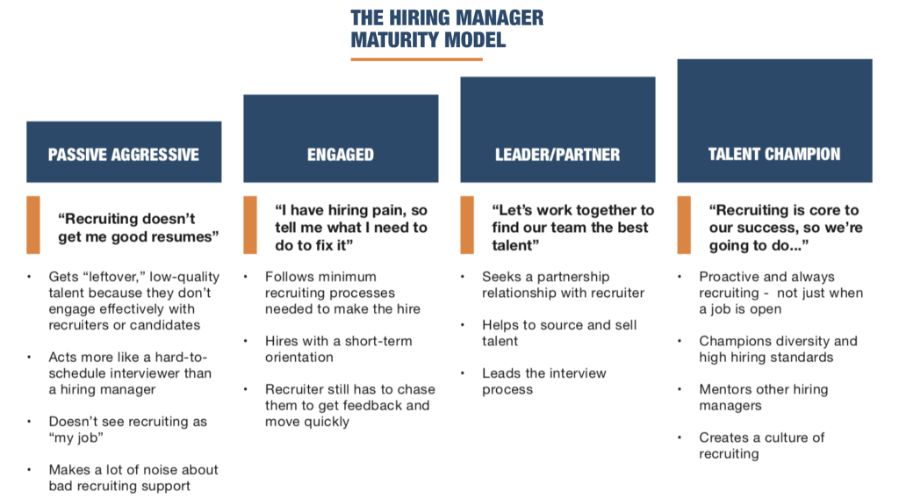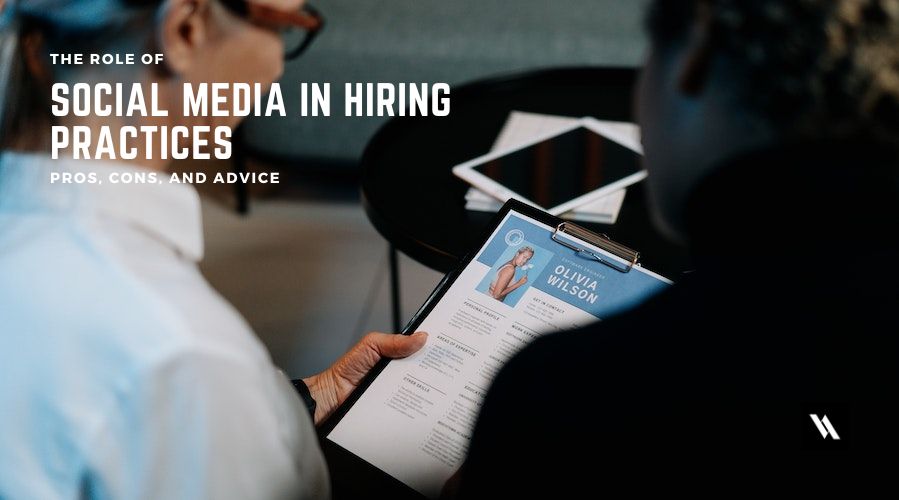In today’s digital age, social media has become an integral part of our lives, including the realm of hiring practices. With social media channels being widely available and easily accessible, it is no surprise that hiring managers often turn to these platforms to gather additional information about job candidates. However, the use of social media in the hiring process comes with its own set of advantages and disadvantages. In this article, we will explore the pros and cons of using social media in hiring practices and provide advice to hiring managers, particularly in cases where their companies may not have established policies in place.
The Pros of Hiring Through Social Media
One of the biggest advantages of using social media for hiring is the ability to reach a wider pool of candidates. Social media platforms like LinkedIn, Twitter, and Facebook allow hiring managers to connect with potential candidates who may not have otherwise come across their job postings.

Additional Insight
Social media allows hiring managers to gain a deeper understanding of a candidate’s personality, interests, and communication style beyond what is presented in their resume or during an interview. It can provide valuable insights into their professional accomplishments, community involvement, and cultural fit within the organization.
Verification of Qualifications
By reviewing a candidate’s social media presence, you can verify the accuracy of the information provided in their application. For example, you may find evidence of professional certifications, projects, or volunteer work that showcases their skills and expertise.
Cultural Fit Assessment
Social media profiles can offer a glimpse into a candidate’s alignment with your company’s culture, values, and work environment. Evaluating their online presence can help determine if they will mesh well with the existing team and contribute positively to the company’s culture.
The Cons of Using Social Media in Hiring
While social media can provide valuable insights into a candidate’s personality and character, there are also potential drawbacks to consider. One major concern is the risk of bias and discrimination in the hiring process. Evaluating a candidate based on their social media presence could lead to unconscious biases and unfair judgments.
Biases and Discrimination
Relying on social media profiles for hiring decisions can inadvertently introduce biases and potential discrimination. Information about a candidate’s age, race, religion, or other protected characteristics may be visible on social media, which could influence hiring decisions based on discriminatory factors.
Privacy Concerns
Accessing a candidate’s social media profiles raises privacy concerns. Hiring managers may come across personal information that is not relevant to the hiring process, such as health conditions, family details, or political opinions. Utilizing this information in the decision-making process may violate the candidate’s privacy rights.
Inaccurate Representation
Social media profiles can be curated to present a specific image or personal brand. Candidates may selectively highlight their achievements and positive aspects while downplaying or omitting potential areas of concern. Relying solely on social media in hiring practices can lead to an incomplete or misleading representation of a candidate’s qualifications.

Advice for Hiring Managers
It is important for hiring managers to not solely rely on a candidate’s social media in making hiring decisions. While social media can provide insight into a candidate’s personality and interests, it should not be the only factor considered. Hiring managers should also conduct thorough background checks and reference checks to ensure that a candidate’s qualifications and experience align with the job requirements.
Establish Clear Guidelines
Companies should develop clear policies regarding the use of social media in hiring practices. These policies should outline what information is acceptable to consider and what is off-limits, ensuring compliance with privacy and anti-discrimination laws.
Consistency and Objectivity
If social media is used as part of the screening process, it is crucial to apply the same criteria to all candidates. Avoid singling out specific individuals based on personal preferences or characteristics.
Use Social Media as a Supplement
Social media in hiring should be seen as a supplementary tool rather than the sole basis for decision-making. Combine information gathered from social media with other assessment methods, such as interviews, reference checks, and skill evaluations.
Train Hiring Managers
Provide training and education to hiring managers on best practices for utilizing social media in the hiring process. This training should emphasize the importance of fairness, impartiality, and respect for candidate privacy.

Final Thoughts
Social media can offer valuable insights into a candidate’s professional and personal attributes, but it also poses risks related to privacy, biases, and accurate representation. By establishing clear guidelines about social media in hiring practices, exercising objectivity, and utilizing social media as a supplement, hiring managers can harness the benefits of these platforms while minimizing potential drawbacks. Ultimately, a balanced approach that combines multiple assessment methods
![]()
HASSAN TARIQ MALIK
Freelance SEO Consultant | Technical SEO | Digital PR | Rebranding | Content Marketing
As a Freelance SEO Consultant, I develop SEO strategies to assist Business Development and conversion, which helps businesses turn over more money and be more profitable. I do this using AI, Screaming Frog, UberSuggest, SEMRush, and lots of Excel formulas.









